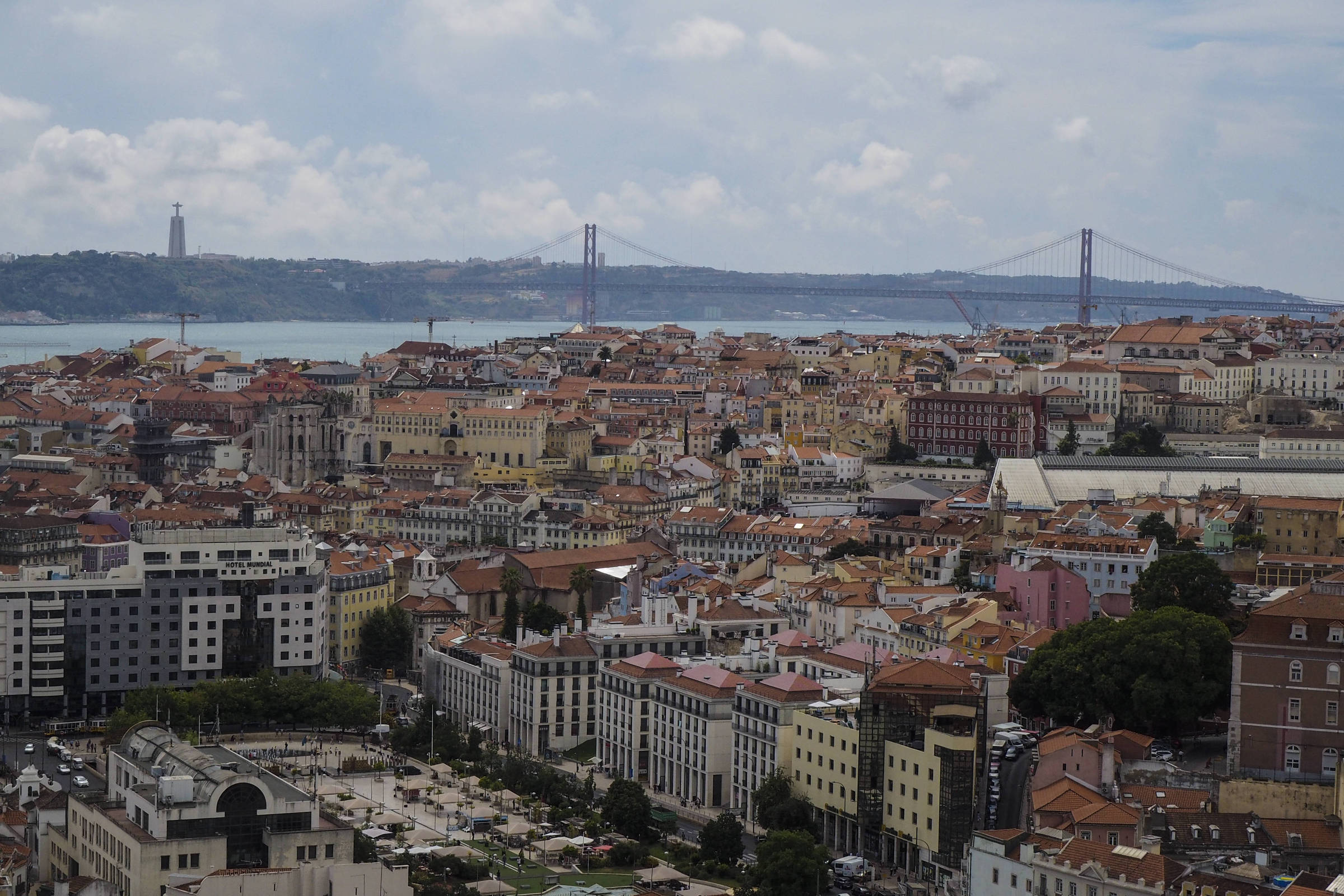dissatisfaction with the Political directions of Brazil increases interest in moving to Portugal. Real estate companies, law firms and specialist consulting firms are reporting a significant increase in demand since the results of the first round of elections.
Data from the Google Trends platform shows that searches for “move to Portugal” and “how to live in Portugal” skyrocketed on October 3, the day after the election.
Patricia Lemos, who specializes in relocating Brazilians to the country, from the consultancy Vou Mudar para Portugal, has noticed a particular increase in the high-end segment, when clients were interested in real estate worth from 2 million euros (about 10.3 million reais).
“It was impressive, we did not expect all this demand with the elections. Property searches in Portugal have increased by 140%,” says the businesswoman. “These are accomplished people who say they are unhappy with politics and want change as a family.”
Result of the first round of presidential elections, with Luiz Inacio Lula da Silva (PT) in the lead, behind them Jair Bolsonaro (Poland) in expressive voting, this appears to have antagonized voters from more than one political spectrum.
“There are two candidates with a lot of rejections [51% para o atual presidente e 46% para o ex, segundo o Datafolha mais recente]. Whatever the results of the polls, there will be many dissatisfied. These people are already thinking about an alternative.”
Speaking on condition of anonymity and saying they are not endangering business, two Brazilian luxury brokerage firms in Portugal said they have noticed a particular interest in buying property from businessmen sympathetic to Bolsonaro.
The decision to leave Brazil for political reasons is nothing new for the elite, but until recently the United States has led the way in the preferences of the discontented. For example, in 2014 the American newspaper The Wall Street Journal made extensive reporting Brazilians who migrated to Miami after the defeat of Esio Neves (PSDB) by Dilma Rousseff (PT).
In addition to a common language, Portugal has another competitive advantage: a generous tax incentive policy.
Foreigners whose activities are considered “high value added” may qualify for a special status that guarantees the payment of a flat rate of only 20% of income, which is significantly lower than what is usually practiced in the country and in other European Union member states. . OUR list of professions is pondered for a long time and includes doctors, architects, engineers, designers, psychologists and others.
Migration lawyer Anna Araujo says that after the first round of elections, she noticed an increase in demand for visa information and European citizenship, as well as in requests for confirmation of diplomas, mainly in the field of health.
“This movement is not limited to people who support this or that candidate. It comes from both sides, which are reporting a lot of discontent.” Demand has also increased, she said, from entrepreneurs looking for guidance on how to internationalize their businesses or immigrate to Europe permanently.
The rise in demand for Portugal as a destination for those dissatisfied with Brazilian politics has also been felt by TR Advogados, a partner in LO Baptista’s office in Portugal, who believes the movement began after it was determined that the presidential race would be between Lula and Bolsonaro. “Consultations revolve around obtaining Portuguese citizenship or residency, especially for investment,” says Angela Teodoro, a partner at the firm.
According to her, one of the main investments that disgruntled Brazilians are looking for is the so-called saw goldthe main way to get it is to buy real estate worth at least 500 thousand euros (2.56 million reais).
Post-election interest in moving to Portugal could help boost the already growing Brazilian community in the country. Data from the Aliens and Borders Service show that until June 2022 there were about 252 thousand Brazilians with legal residence in the country. This figure is 220% higher than in 2016, when 81,251 people officially lived.
The statistics do not include Brazilians as dual citizens of Portugal or another European Union country. Persons in an irregular migration situation are also not included in the survey.
Immigrant support associations estimate that there are at least 400,000 Brazilians living in Portugal. The growth trend should remain strong as the Portuguese government has just introduced new types of visas to attract mainly workers from the Community of Portuguese Speaking Countries (CPLP).
New permits recently approved include the creation of a special visa for job seekers and another one for digital nomads. In the first option, foreigners have a period of 120 days with the possibility of an extension of another 60 days for hire. If they cannot find work during this period, they must leave the country.
The second type covers freelancers or hired professionalswho need to present documents confirming employment or provision of services. For all types of visas, the authorities will also conduct a background check for criminal records – in Brazil and Portugal.















